Debates Digital
Text & Talks
A series of digitally published content including texts and live discussions by some of the outstanding writers and public intellectuals who are part of the Debates on Europe network.
Talks
After thirteen “analogue” events, Debates on Europe has moved into the digital sphere with Debates Digital: Text & Talks. In a series of essays and online conversations we focus on current societal challenges and political developments.
The current situation makes the themes and questions at the centre of the Debates on Europe series more important than ever and the Debates Digital series gives insight into parts of Europe otherwise under-exposed in international media, from Minsk and Moscow in the east, to Belfast in the west. Inside reports on social, cultural and political developments are mixed with analyses of the immediate and long-term consequences of societal challenges.
The essays in this series are published in English and German here on the website and by Voxeurop in English, German, French and Italian.
Articles
-
Croatia: The Virus, the Earthquake and the Bio-Economy of Tourism
Slavenka Drakulić
In Croatia, an allegedly independent group of experts have pulled the strings in the handling of the coronavirus pandemic. But this crisis management has in fact been deeply political, writes journalist and novelist Slavenka Drakulić. Dependent on tourism, EU’s youngest member state plays a risky game where political power and economy stand against the lives of the most vulnerable. In the end the future of democracy could be at stake.
Most of us have seen one of the popular Covid-19 memes that says “Can we reset 2020? It has a virus!” or something along those lines. Croatia would, indeed, badly need such a reset. The country did not have much luck this year, haunted by several plagues, one after the other. First came the presidency of the Council of the European Union, which Croatia held from January to June. Then Corona hit. And, in the middle of all that, a major earthquake shook Zagreb, the country’s capital. Then followed the risky gambling with early parliamentary elections. And, finally, the challenges of (collapsing) tourism.
The Croatian presidency of the EU was a big challenge, with historical tasks such as Brexit and the immigration crisis on the Union’s south-eastern borders on the agenda. But Croatia’s over-sized ambitions of contributing effective solutions and the illusion of its power and importance ended in June, without any memorable result. It would be easy to blame the pandemic for the meagre outcome, but as critics put it, the positioning of Croatia was wrong from the start. Instead of choosing to take on a leading role in the region and help Serbia, Montenegro, Albania and North Macedonia with their problems and further their negotiations with the EU the government wanted to be on the equal footing with the big European players. The Croatian presidency left no mark on EU politics.
When the Croatian government declared the coronavirus pandemic on 11 March, it turned out to be the start of an exercise in returning to a police state. An expert body of allegedly politically non-allied scientists and managers of health institutions, which curiously included the minister of the interior from the governing party HDZ, was formed to manage the pandemic. Bypassing the parliament, this group issued orders for a lockdown and decided about everything else related to the coronavirus, from the closing down of schools and tram lines, to the isolation of groups and individuals, to the compulsory wearing of masks in shops and public transport.
Interestingly, citizens obeyed the new rules without protest, regardless of their questionable legitimacy and anti-democratic character. Not even the opposition opposed! On the one hand, fear of the virus united them all. But on the other, this extraordinary obedience was prepared by Croatia’s authoritarian past as part of Yugoslavia. When in trouble, people not only flock together, but also resort to the type of political leadership they know and recognize.
Perhaps this is best illustrated by the habitual willingness to delegate the responsibility for decisions to a higher authority which used to be the Communist Party because they are supposed to “know better”. It is as if this legacy of the communist system still prevents citizens to believe in their own rights or even to question any decisions. The experience of democracy has in this context just been one of a new form for the old way of party- dominant governing. It didn’t take long for people in the new states formed after the fall of Yugoslavia to understand that party membership still is the shortcut to power and money.
Not even the earthquake in Zagreb on 22 March with 5.5 on the Richter scale it was the strongest since 1880 could shake the Croats enough to get them out of the Corona slumber they had fallen in. Some 25 000 buildings were damaged, about 2000 of them had to be evacuated. Many schools, hospitals, museums and other cultural institutions were affected and also people were injured. The city centre, with the historic old town, was hit the most. This natural disaster was followed by confusion and scandals surrounding the financing of the reconstruction, revealing severe manipulation and suspected embezzlement by the city administration. However, all this was overshadowed by the news and stories about the all-dominating coronavirus.
If citizens at first accepted the so-called expert body, believing that their task was to save human lives, they soon came to understand that there was a strong political aspect to it. It became apparent that this group functions as an extension of HDZ, the ruling party. Fear and control over the pandemic meaning a comparatively low number of sick and dead became the most important building block of securing the early parliamentary elections. The ruling party wanted to quickly profit from the virus by appropriating the good image of the expert body and the results of the first lockdown. Well aware that the lockdown would not be sustainable in the long run not least because of the start of the tourist season they scheduled the elections for 5 July. Prime minister Andrej Plenković decided to use the post-corona and pre-tourism moment. Part of the motivation for this time slot was no doubt the fear of tourists spreading virus once the borders would be open.
However, Plenković’s second and even bigger fear was probably another, namely that tourism, the most profitable “product” of the country, contributing around 20 per cent of the GDP, would collapse. This autumn, Croatia might face its biggest economic crisis ever clearly not at good time for elections. The calculation to save the budget by opening borders and loosening Corona-prompted restrictions in order to get as many tourist as possible is a risky one. My colleague Viktor Ivančić from the former weekly Feral Tribune describes it as an example of the politics of “sustainable bio-economy” applied by the Croatian government. According to Ivančić’s satirical definition, this “sustainable bio- economy” is based on the premise that it is responsible and rational to allow the demise of one group of people from Covid-19, if it prevents the rest of the population from starving to death. In case you think this is a specifically Croatian calculation, just consider the similar approach in Sweden, where the wellbeing of the majority is weighed against the suffering of the most vulnerable. Other countries with popular tourist destinations, such as Spain, Greece or Italy, are doing exactly the same: the strategy to save the budget by lifting restrictions to allow for the influx of tourists is based on the toleration of a certain number of people dying. Someone has yet to specify how high the acceptable number of deaths is in this morbid equation.
The calculation with the timing of the election proved right, although the ballot coincided with an increasing number of infections. The prime minister and his party won. This time the general impression is that the new-old prime minister is steering HDZ towards the centre, away from the radical right that has been dominating in the past. Plenković’s and HDZ’s luck was that Croatia is a small and not very important country, living and dying at the edge of the EU while the big countries barely notice what is happening in the periphery…
Be that as it may, the new government will now have to start tackling real problems, from unemployment to legal and economic reforms, to the growing number of refugees and immigrants pressing on Croatia’s border with Bosnia and Herzegovina. And despite that Croatia is one of the biggest “winners” of the EU coronavirus recovery package negotiated in July, they will have to do it with a rather scarce budget.
The virus is changing not only our personal and social habits but also our economic situation. And it changes our political behaviour. These changes will decide the near future, not only in Croatia, but in the EU as well. The pandemic has revealed how fragile our existence actually is, both our lives and our way of life. Faced with a major catastrophe, we see the institutions we built to protect ourselves falling apart. The fear for our lives risks undermining further the already fragile foundations of our democracy.
Debates on Europe Published on 6 August 2020
This article is available in English, French, German, and Italian on Voxeurop.
Slavenka Drakulić is a Croatian journalist, novelist, and essayist whose works on feminism, communism, and post-communism have been translated into many languages. In 2004 she received the Leipzig Book Award for European Understanding. Her new book, Cafe Europa Revisited. How to Survive Post-Communism, will be published by Penguin in spring 2021.
-
Russia: Quarantined from Politics
Sergei Lebedev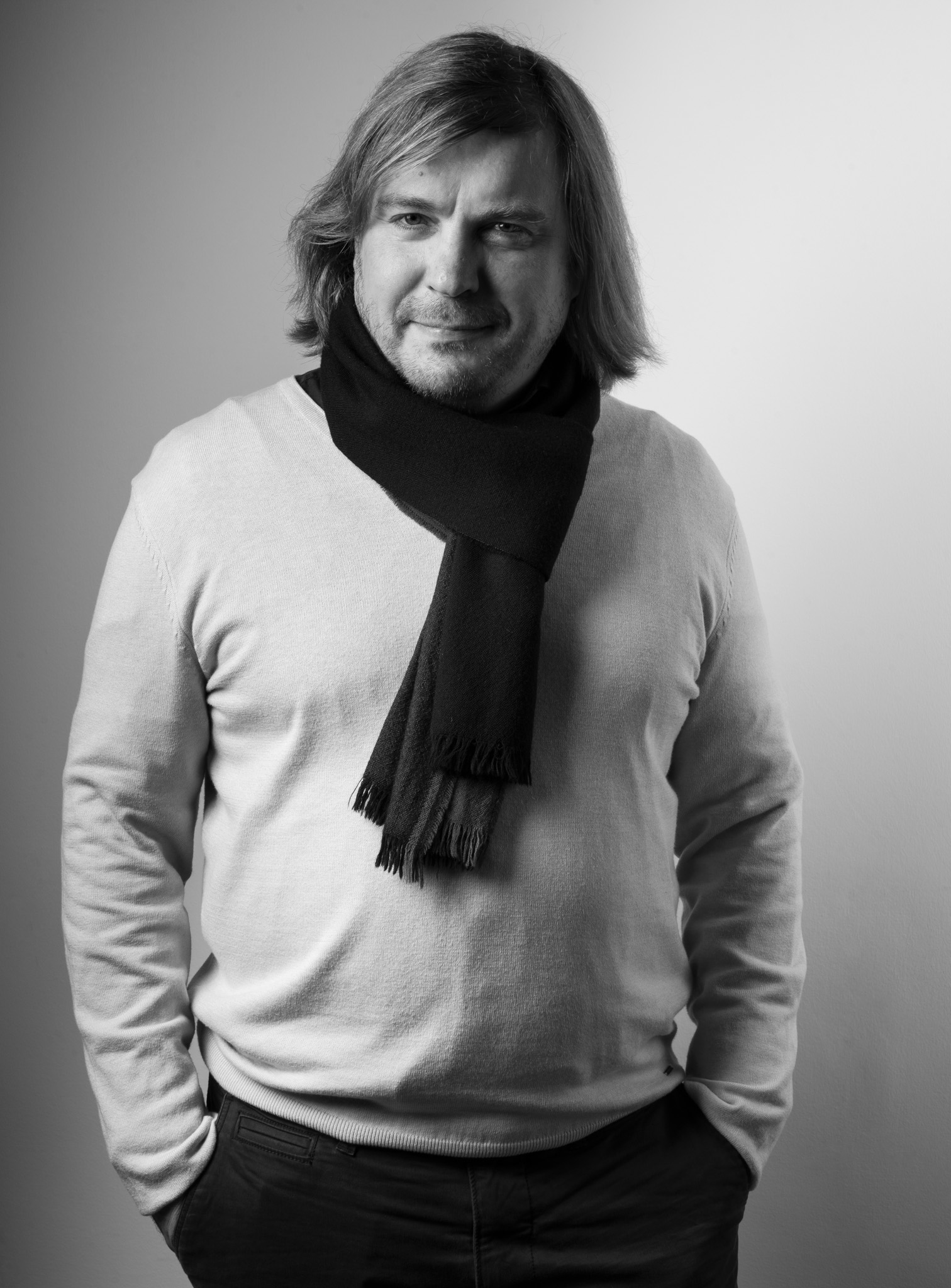
Russians have been living in a regimen of political self-isolation for a long time, writes Sergei Lebedev. He sees how the coronavirus connects today’s fundamental lack of trust with the crimes of the Soviet past. But will the Covid-19 crisis really have an impact on Putin’s rating and image?
When the first Covid-19 patients appeared in Russia and the virus began to spread, I was working in the Central Archive of the Federal Security Service (FSB). It holds documents of people repressed, arrested, and executed in the Stalin period.
Every morning I came to the inconspicuous building not far from Lubyanka, on Kuznetsky Most street, and was handed crumbling cardboard folders: the archive case files of my relatives and family friends.
I existed in two different times.
In one, the real time, there were world news about quarantines, closing borders, the new body etiquette: a ban on gatherings, masks, social distancing; in other words, the cessation or extreme reduction of contacts.
In the other time, the past, as I read the pages in the files, I saw something strangely and terribly similar.
I saw how a person called an enemy of the people instantly became contagious. His family, friends, and co-workers instantly ended up in the risk group. I observed through the interrogations transcripts and arrest warrants how this stigma, this deadly label passed from brother to brother, from father to children, among members of a philately club, among priests in a single town.
The virus, or more precisely the state of infection, was a physiological metaphor for political repression and its effects passed down generations: the withering and impoverishment of life, the destruction of public and human solidarity, the origin of the habit of viewing any contact as dangerous and any person as potentially contagious.
I think that this phenomenon had (and still has) an opposite, paradoxical side in Russia: an unspoken fatalistic consensus that life is not an unconditional value, that you cannot hide from history and the state and you cannot resist them, they have to be accepted as a natural catastrophe that has become part of daily life, like the epidemic.
With this anamnesis, Russian society met the new coronavirus.
The actions of the state were and still are predictable. A “national vote” was set for April 22 on amendments to the Constitution that would allow Vladimir Putin to be elected president two more times (according to the present Constitution, this is Putin’s last term) and represent yet another authoritarian and conservative turn in Russian politics: for example, one amendment says that a marriage is exclusively defined as “the union of a man and a woman.”
As long as there was the probability that the election and the Victory Day parade on May 9 could take place, the authorities diligently pretended that the coronavirus would not reach Russia, that it wasn’t so dangerous – one of the versions offered was that people born in the USSR and given the mandatory BCG vaccination against tuberculosis as children would not get Covid-19, that is, the Soviet past protects the Russian present.
But as soon as the data on infections reached threatening levels (even given that medical statistics, like all others, are obviously manipulated in Russia), the approach switched to the very opposite: severe quarantine, digital passes, apps in smartphones that tracked movement. These measures may be reasonable or partially reasonable, but when they are used by an authoritarian state in which citizens are not potential patients but potential suspects, when the top priority is discipline and not health, the effect is overwhelming. I think little did more to spread the virus in Moscow than the huge lines at metro entrances on the first day of electronic passes: the police were ordered to check every pass.
It is noteworthy that the public’s behavior in this situation revealed several critical deficits interrelated in a complicated way, which are acutely contradictory and which essentially make Vladimir Putin’s regime possible.
The first is the trust deficit; yes, toward the authorities, too, but primarily toward other citizens: here everyone saves himself or herself alone.
There is also a deficit of recognizing the other, of recognizing boundaries; a deficit of the respect that comes with understanding the value of other people’s lives: it is no surprise that the quarantine is perceived in Russia primarily not as a coordinated action of responsible citizens but as an imposed state measure that must be obeyed.
At the intersection of these two deficits exists a third: the deficit of civic responsibility.
The quarantine and social distancing merely show that we have been living in a regimen of political self-isolation for a long time; this is our reality, and it’s only now that it has become both metaphorically and physically visible.
Empty streets and alienation from politics – we lived this way long before Covid-19.
Many people in Russia are saying that the Covid-19 pandemic will have a serious impact on Putin’s rating and image. But it is important to remember that Putin knows how to gain strategic benefits from tactically terrible and hopeless situations. The hostage taking of a school in Beslan in 2004, which led to storming of the school and the death of hundreds of children, should have been the end of his career. Instead, using the excuse of fighting terrorism to strengthen power, Russia no longer has gubernatorial elections. I believe that we will soon see how the epidemic and its destructive consequences on national health and the economy will be used to justify yet another reduction of civil rights.
Translated from Russian by Antonina W. Bouis
Sergei Lebedev is a Russian writer whose books have been translated into 17 languages. Since 2010 he has written
five novels dedicated to the theme of the Soviet hidden past, the impact of Stalin’s repressions and its consequences
in modern Russian life. The New York Review of Books has praised Lebedev as “the best of Russia’s younger
generation of writers.” -
Lithuania: Quarantine Withdrawal Syndrome
Marius Ivaškevičius
When long-missed Lithuanian émigrés returned home during the Corona crisis they were no longer welcome. Like everything foreign they were treated as a threat. Marius Ivakevičius diagnoses a split corona personality, torn between mourning the openness lost and enjoying the new sedentary isolation.
In the Spring of 2020, when I had my first (and I hope only) experience of a global quarantine, I suddenly discovered that two very different if not opposed people live within me.
The first, who has now withdrawn into the shadows, met this pandemic and its shutting up of everyone and everything as no less than a personal tragedy. He was an open-world apologist who was used to fly to Europe and Russia several times a month (premieres, conferences, lectures), and to New York several times a year to visit a daughter studying there, and he watched in horror as long-forgotten borders reappeared in Europe and the idea itself of the European Union and its dream of unity were disappearing from our minds, He felt as though he had lost, had been crushed it was an instant and absolute triumph of the sedentary against the open.
It suddenly became normal to see foreigners as lepers. Even people we knew, who were scrambling to return home on the last possible flights. Then all that was left was to take sea ferries, which brought back long- forgotten émigrés. The same ones that a depleted Lithuania had for many years tried to lure back. But when the Homeland saw them it was horrified and said: no, we don t need people like that. It tried to isolate them in hotel rooms, where they drank and smashed furniture. Then the prime minister called them non-humans, thus further establishing the sedentary majoritys victory.
As a playwright, I gasped painfully as I watched theatres close across the world, including the thirteen that are performing my plays. This means that for the next few months, or perhaps even years, I will be without an income. As a father, I watched in sorrow as the skies emptied: the number of flights to Lithuania fell daily until only Minks Vilnius remained open. And with this so collapsed any hope of my fifteen-year-old daughter returning home from New York. From a New York that was bleeding more and more, until it finally became the centre of the pandemic the worst hotspot.
This is what was happening with me and within me during the first weeks of the quarantine. I often found myself flipping through the pages of an old Soviet-era atlas from my childhood. And I felt just as I had as a child: all of those distant, differently coloured countries were once again inaccessible, and therefore somewhat unreal, to me.
And then, suddenly, something shifted. That person who was open to the world withdrew and a sedentary one emerged. It was as though he had taken the wheel of my consciousness and set me onto a very short track, a strict, weekly rhythm: from Monday to Friday pleasantly back-breaking work writing a novel in the country followed by weekend excursions to an empty Vilnius. And it wasn t apathy, but rather a very focused period. I began to enjoy the emptiness, so that I stopped needing people and their company, except that of those closest to me. One morning I suddenly realised that on that day I would have flown from Tallinn to Baku, where the next day I would have begun leading a series of workshops for local playwrights. In other words, I would have spent the entire day being jostled in airplanes, with a stop in Istanbul. The mere thought made me shudder. I could no longer imagine that I once enjoyed such things. That other I”, the one open to the world, was already light years away.
I think that I was simply lucky: the quarantine came at a stage in my life in which I was in complete harmony with myself: I am happy with who I am, who I spend my time with, and what I do. As opposed to those for whom going to work or other forms of socialising are ways to escape from the small hell of their relationships. I felt true fulfilment, sharing, as I did, my disability with the rest of the quarantined world. I spent more time, and more meaningfully, with my daughter, who was imprisoned in a small Brooklyn apartment. My physical state markedly improved: all sorts of acid refluxes and other digestive problems vanished, as, it appears, they had been provoked by the constant, if imperceptible, microstress of travelling and switches from one cuisine to another.
And as the quarantine became stricter and voices could be heard urging authorities to practically declare a state of war and hand over control to the head of the military, I didn t launch into protest, though the old I would have been publicly sounding all the alarms. No, all I could think was: do what you want, as long as it doesn t interfere with my little quarantine paradise.
So, when the quarantine began to be gradually lifted, my now sedentary I saw it as a real tragedy and collapse. Everything annoyed me: the crowds of people, desperate to socialise, once again flooding the streets of Vilnius, the invitations to all sorts of events which I had to attend out of courtesy or sometimes duty. The foundation of my new life was slipping out from under my feet and I was grasping at straws: how could I stay on my short, sedentary tracks a little longer?
It was my daughter who saved me. The gradual revival of the airline industry made it possible to purchase a New York Frankfurt Vilnius ticket for her and to honestly tell all those issuing invitations: forgive me, but my daughter is returning from New York and I will be forced to isolate myself with her for two more weeks.
Everyday I anxiously scanned the growing list of countries from which travellers would no longer need to quarantine themselves; if the US should be added to it, my dream would be shattered.
When my daughter landed in Vilnius I spent an hour and a half waiting for her outside the airport (we were not allowed to enter it). I watched as other arriving passengers ripped off their masks as soon as they exited the gates, as though they had escaped to a long-dreamed-of freedom. And there I was waiting for my daughter, who would give me two more weeks of longed-for imprisonment.
Finally, she too appeared, the very last one, with her two enormous suitcases. I threw my arms around her and kissed her so that we would instantly exchange all possible viruses and bacteria. Then I led her to the car.
We drove directly to the country and now I am the happiest man in the world. I continue to write my novel, while she attends online classes in New York.
One day I cautiously suggested to her: how about isolating ourselves for the whole summer? She looked at me as though I was insane. Her mother, a diplomat, and I had barely been able to contain her in the New York apartment, as she was keen to run off to the Black Lives Matter protests, which most of her school friends were joining. We kept her at home by pointing out that diplomats children cannot participate in protests and warning her that if she ended up in jail she would miss her flight to Vilnius. And here I was, suggesting something even more absurd to her. Daddy, my friends are expecting me, she replied. As soon as these wretched two weeks are over you re driving me to Vilnius.
In other words, my sedentary I is living his final days. I will have seven premieres in the next theatre season from Moscow to Barcelona. They mean both money and glory, and my open I is praying for that theatre season to take place.
As for myself, I don’t know any more whether I want that or not. I’m completely lost. Translated from Lithuanian by Karla Gruodis
Debates on Europe Published on 18 June 2020
This article is available in English, French, German, and Italian on Voxeurop.
Marius Ivakevičius is a Lithuanian writer, playwright, and film director. His novels have been published in many foreign languages and his plays have been staged in Lithuania, Russia, Germany, Italy, France, and New Zealand. His accolades include 4 Best Lithuanian Play of the Year Awards and one Golden Mask Award for best play in Russia in 2017.
-
Belgrade: Herd democracy
Dubravka Stojanović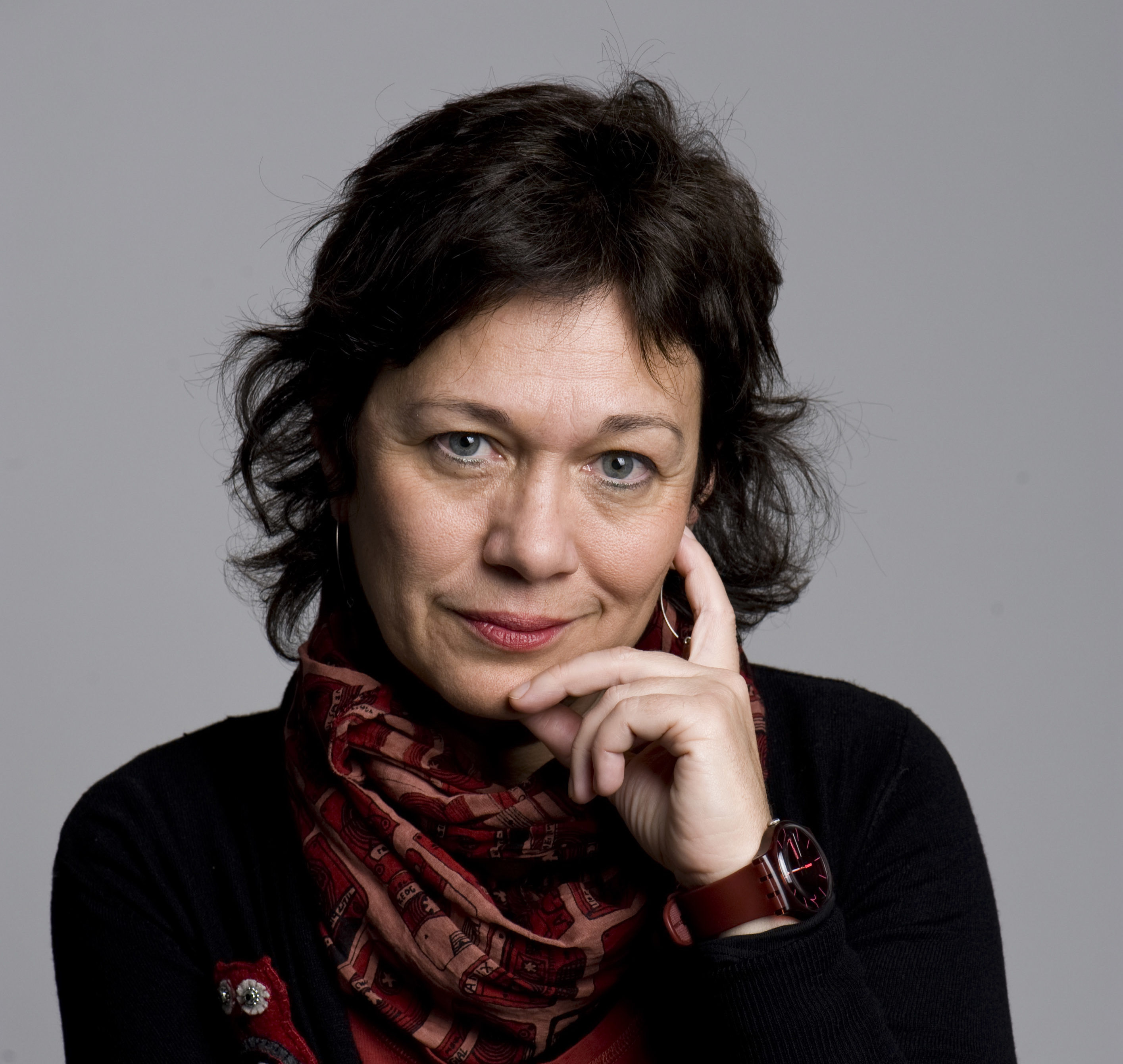
The coronavirus has revealed how fragile our freedoms are and just how little it takes to lose them. Both authorities and citizens have been complicit in turning the Covid-19 quandary into a manifestation of authoritarianism and social fragmentation, writes Serbian historian Dubravka Stojanović. Instead of herd immunity, we got herd democracy.
Medicine is struggling to understand all the mysteries and mechanisms of the coronavirus. In contrast, the coronavirus has fully unveiled the mysteries and mechanisms of many political regimes. It acted as a kind of blowup, amplifying everything that we have been witnessing for quite some time, but refused to see. The “invisible enemy” has rendered political problems visible. Primarily, it revealed how we handle freedoms in a crisis and how quickly freedom becomes burdensome when we feel threatened.
The pandemic has shown how seemingly distant regimes are actually alike, particularly those grounded in the fantasy of their own uniqueness and exceptionalism. From Xi Jinping and Vladimir Putin, to Viktor Orbán and Aleksandar Vučić to Boris Johnson, Trump and Bolsonaro, everyone’s initial reactions to the virus were very similar – first covering up the seriousness of the situation, then making fun of the virus, saying that it can’t do nothing to “us”, that “our” measures would not be like everyone else’s. Then some of them, when the death rate shook their initial unwavering positions, began introducing the most radical measures, maybe in an effort to remain exceptional. The pandemic, which they claimed was completely ludicrous, was taken seriously as an opportunity to twist their citizens’ hands and shut their mouths. Their glowing faces at press conferences clearly showed they were having the time of their lives, that the pandemic was a
unique opportunity to turn their mood swings into a system. In a word – to grant themselves every freedom imaginable. In this competitive discipline, Viktor Orbán stole the European spotlight, while Aleksandar Vučić, the ruler of my country, Serbia, went under the radar.
In the early days of the pandemic, Vučić sniggered in a press conference as he stood behind the doctors who claimed this was “the funniest virus ever as it exists only on Facebook” and urged Serbian women to rush to Milan and get a good deal on shoes under lockdown! And then Vučić introduced measures unlike those in any other country. He declared a state of emergency on his own, without parliamentary approval, violating the Constitution. Armed soldiers were deployed to the streets. People over 65 were forbidden to leave their houses. He introduced a 12-hour daily curfew (from 5 PM to 5 AM). On weekends people were placed under a round-the-clock curfew, and for Easter, the total ban on movement reached a record long 84 hours. The parliament was dissolved. A journalist who wrote about the conditions in hospitals was arrested. A musician was arrested for an undesirable song. Crisis Staff press conferences were canceled because asking questions about the pandemic was considered treasonous. One moment Vučić claimed that the pandemic could not touch us, that one could avoid getting sick by drinking slivovitz, and the next that there would be so many casualties the cemeteries would run out of space. Radical measures changed almost every day, rights were granted and then revoked. Pro-government tabloids spread fake news and conspiracy theories that contradicted what the Crisis Staff announced. Every effort was made to drive the citizens out of their wits and, in the prevailing anxiety, consolidate their belief in the leader and his strong grip.
This behaviour by the authorities was not unexpected. Really interesting, however, is how citizens handled their freedoms. In most countries, government approval ratings have soared. Both for those that introduced rational and effective anti-pandemic measures, but also for those that seized the opportunity and suspended freedoms while at the same time experiencing record high infection and death rates, for instance Serbia, which had the most stringent safety measures in the region, but more than double the number of cases per million compared to other ex-Yugoslav states. People flocked around their leaders, readily handing over their rights to those who knew how to use them better. Huddling together came instinctually, so opposition parties, at least in Serbia, also forgot their responsibilities and obligations to the citizens, saying how this was not the time to talk politics!
Many citizens readily adapted to the emergency situation. Many reveled in the opportunity to bring state violence down from the top to our little corner shop. As soon as lines formed outside stores, self-proclaimed kapos popped up, loudly demonstrating their newly gained power, shouting orders and intimidating people. Not out of concern for maintaining order, but out of pure pleasure. Some self-appointees pointed fingers at people over 65, kicked them out of shops, told them to go home. Police reports said that virtually everyone over 65 who violated the stay-at-home order was reported by their neighbor. Sounds familiar?
Along with this everyday sidewalk fascism, we saw a completely different phenomenon. In many places around the globe, the relaxation of measures was immediately followed by the virtually unbridled behavior of citizens. People crowded into cafes, parks and beaches, as if there had never
been any danger and as if it would never come. Many, from Bosnian politicians to German police officers, were caught violating the measures at secret parties, while people in Greece filled the reopened beaches. Even the Swedish authorities were confounded by the irresponsible behavior of citizens who carelessly crowded into cafes, so the government was forced to abandon parts of their trust-based policy.
It might seem as if I’m describing unrelated events. I don’t think so. On the contrary. I think these are different appearances of a system we call illiberal democracy. These regimes differ from each other, but what they have in common is the way they manage freedoms. It was on this point that the authorities and citizens found a common ground. The distribution of power from top to bottom came quickly. The citizens embraced the abolition of institutions as a release from responsibility. They understood the disregard for the law by the authorities as a hint that all restrictions are off. In losing their rights they saw an opportunity to appropriate what is left of their liberties and use them however they like. When the authorities suspended the restrictions, citizens took that as being free not to care about each other. Both the authorities and citizens took a chunk of what they needed at that moment, used it, and then threw it away when they got bored with it. They blamed the virus on the enemy (China, George Soros, Jews, migrants, 5G, Bill Gates…), and then went after him with all their might. They invoked science when they needed it, and ridiculed it when it did not work in their favor. They tried to damage every authority, questioned everything, spread and sowed doubt to undermine trust, unity and solidarity. By letting themselves be caught up in this game, citizens also contributed to social fragmentation, to the construction of frightened and insecure individuals wishing for someone to come and slam their fist against the table. What Covid-19 has shown is how fragile our freedoms are, and just how little it takes to lose them. To everyone’s delight.
We did not achieve herd immunity, but we got herd democracy. It looks like we need to start over.
Translation from Serbian by Ivica Pavlović
© Debates on Europe Published on 11 June 2020
This article is available in English, French, German, and Italian on Voxeurop.
Dubravka Stojanović is a professor of history at Belgrade University. Her work focuses on democracy in Serbia and the Balkans, the interpretation of history in textbooks, social history, the process of modernisation, and the history of women in Serbia. She is vice-president of the History Education Committee and a consultant to the United Nations, working on issues concerning history, memory, and the misuse of history in education.
-
Hungary: A Protracted Crisis of Human Dignity
Anna Lengyel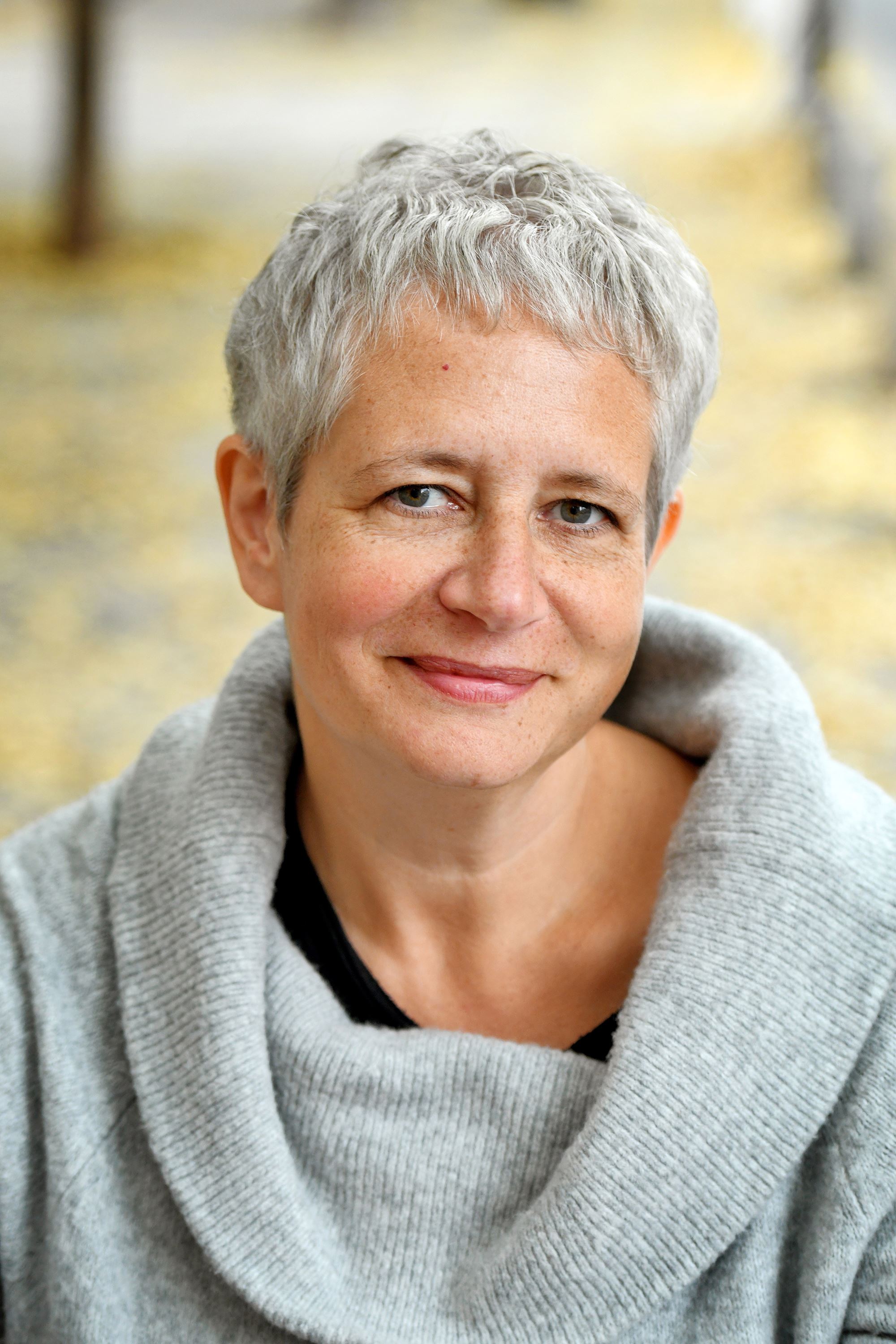
The greatest casualty of the coronavirus crisis in Hungary has been human dignity, writes Anna Lengyel. And as long as the Orbán system remains in place, this crisis will prevail long after the virus is gone.
The last major street protest before the first lockdown measures were introduced in Hungary took place on 23 February. It was a manifestation for justice and against discrimination, but above all it was about human dignity. In the following months, spent in the shadow of the Covid-19 pandemic, that dignity turned out to be the cheapest of all commodities in Viktor Orbán’s emergency playbook.
In September 2019, the Debrecen Appeals Court had ruled that the ongoing ethnic segregation of Roma children in rural Gyöngyöspata violated their right to equal treatment and deprived them of the education guaranteed in the constitution. According to the landmark ruling, 60 children were awarded damages in the amount of 99 million forints (284,033 euros). Prime minister Orbán was quick to show his irritation over the ruling: “If I were from Gyöngyöspata, I’d ask why members of a dominant ethnic group living in the same community as I do should get a significant amount of money without having worked for it, while I’m toiling away all day?” he said.
On the eve of Hungary switching to lockdown mode, this assertion by the prime minister drove people onto the streets, protesting. The subsequent Covid-19 pandemic has shown that even in an economic crisis of historical dimensions the Hungarian prime minister diverts taxpayers’ money to fund new football stadiums and to bail out the companies of family members and cronies rather than help pensioners many of whom get less than the equivalent of 200 euros a month amid rising prices. As for other types of aid, he has reiterated his conviction that no one should get paid without work. In the past three months the government has offered little or no help to small entrepreneurs, people working in the hotel or catering industries, theatre-makers or other cultural workers.
The first two cases of the novel coronavirus in Hungary were established on 4 March. Orbán himself announced the news on his Facebook-page. He made it clear from the outset that he had no respect for experts, that decisions will be made by him alone and it was obvious that he would now use the pandemic as an excuse to further concentrate power.
One of the most important tools in overcoming an epidemic is access to unbiased, up-to-date information provided by experts. In Hungary, crucial information has been withheld and distorted from day one. At first, there was almost no information on the victims. Responding to the public outcry, the government then published a list in such a manner that one could easily identify the dead and their sensitive medical information. This meant, for example, that only 24 hours after the death of the 37-year-old deputy British ambassador to Hungary, the whole world knew that he was an alcoholic. Allegedly.
Soon an official rhetoric about the fatalities was established: “elderly patients, suffering from chronic illnesses”. To this day, listening to the news you will get the impression that in Hungary nobody dies of Covid-19, unless they are old as dirt and terminally ill to begin with. In some cases, relatives have refuted the alleged illnesses and there is no way to verify how much of the information is valid, since hospitals are forbidden to give out any data.
Despite 20 percent of the Hungarian press still being relatively free, we have very little information beyond what the so-called Operative Team tells us. However, some things we do know reveal a story about governmental failure. Such as the hundreds of ventilators delivered to numerous ICUs. These machines were designed for home use for people with sleep disorders and would, in fact, endanger the lives of Covid patients, even if the user’s guide wasn’t available in Chinese only. Thankfully, in a healthcare system that was on the verge of collapse even before the pandemic, Hungarian hospitals are still full of highly competent and conscientious healthcare workers, so in the end no one used these ventilators.
Orbán, however, only seems to understand a chain of command where his subordinates follow him blindly. When Miklós Kásler, an oncology professor, was appointed to run a ministry responsible for culture, education, sports, social and employment policies and healthcare, it soon became clear that the man lacked competence in all the other areas covered by his portfolio. But the real shock came with his statements about his own field of expertise, for example that “70 to 80 percent of mortal diseases could be avoided by abiding by the Ten Commandments”.
But what makes him an ideal choice for this government is his readiness to follow orders blindly so when he was told to, Kásler did not hesitate to issue a directive that 60 percent of all hospital beds, a total of 36,000, be made immediately available in preparation for a potential outbreak of the coronavirus comparable in size to that in Italy.
Experts quickly explained that no possible scenario would require more than 10.000 beds, but all for deaf ears. So, over Easter, people in need of round-the-clock medical attention patients on palliative care, a man with freshly amputated legs and countless others were given 24 hours to vacate their hospital beds. A nurse volunteered for the home care of ten of the worst cases pro bono. After two weeks, she reported that nine of them were dead. A respected hospital director refused to follow the order and was promptly fired along with another outstanding manager sacked over a bogus charge. All of this at the height of the Covid-19 crisis.
Even in a half-dictatorship it was clear that multi-minister Kásler had failed miserably and that he had to go. It even went so far as that his successor’s name was common knowledge until the heir apparent announced that he would rather keep practising medicine. Having no other names to put forward, Orbán has now declared that his Minister of Interior and long-time crony Sándor Pintér is going to review all hospitals and their contracts with non-governmental service-providers. Experts warn that this process will lead to further casualties.
Meanwhile, the infamous emergency law that Orbán forced through parliament in March, giving him unlimited powers to govern by decree, has been used for a series of new laws that have nothing to do with the pandemic, but effectively deprive people of their dignity. Orbán’s government has thus rejected the ratification of the Istanbul convention treaty to combat violence against women and has dealt a heavy blow to transgender people by making it illegal to change gender in documents after birth. They have also deprived 20,000 cultural workers in museums, libraries, archives and public cultural institutes of their status as public servants, which leaves them unprotected against dismissal. Yet another “emergency” law will effectively bankrupt Hungary’s capital run by the opposition party mayor, Gergely Karácsony.
Healthcare workers, the true heroes of the pandemic, have not been offered any real acknowledgement or meaningful economic compensation. Orbán explained that the first heroes of the pandemic were priests, followed in this order by statesmen, policemen and disaster relief workers. Doctors come only fifth. Except for one. The Hungarian prime minister now hails Kásler’s merits as “nothing short of historic”.
The greatest casualty of the coronavirus crisis in Hungary has been human dignity. And as long as the Orbán system remains in place, this crisis will prevail long after the virus is gone.
Debates on Europe Published on 11 June 2020
This article is available in English, French, German, and Italian on Voxeurop.
Anna Lengyel was an award-winning dramaturg, translator, director and founder of the documentary theatre PanoDrama in Budapest.
-
Northern Ireland: In Belfast the Virus Challenges Political Allegiances
Jan Carson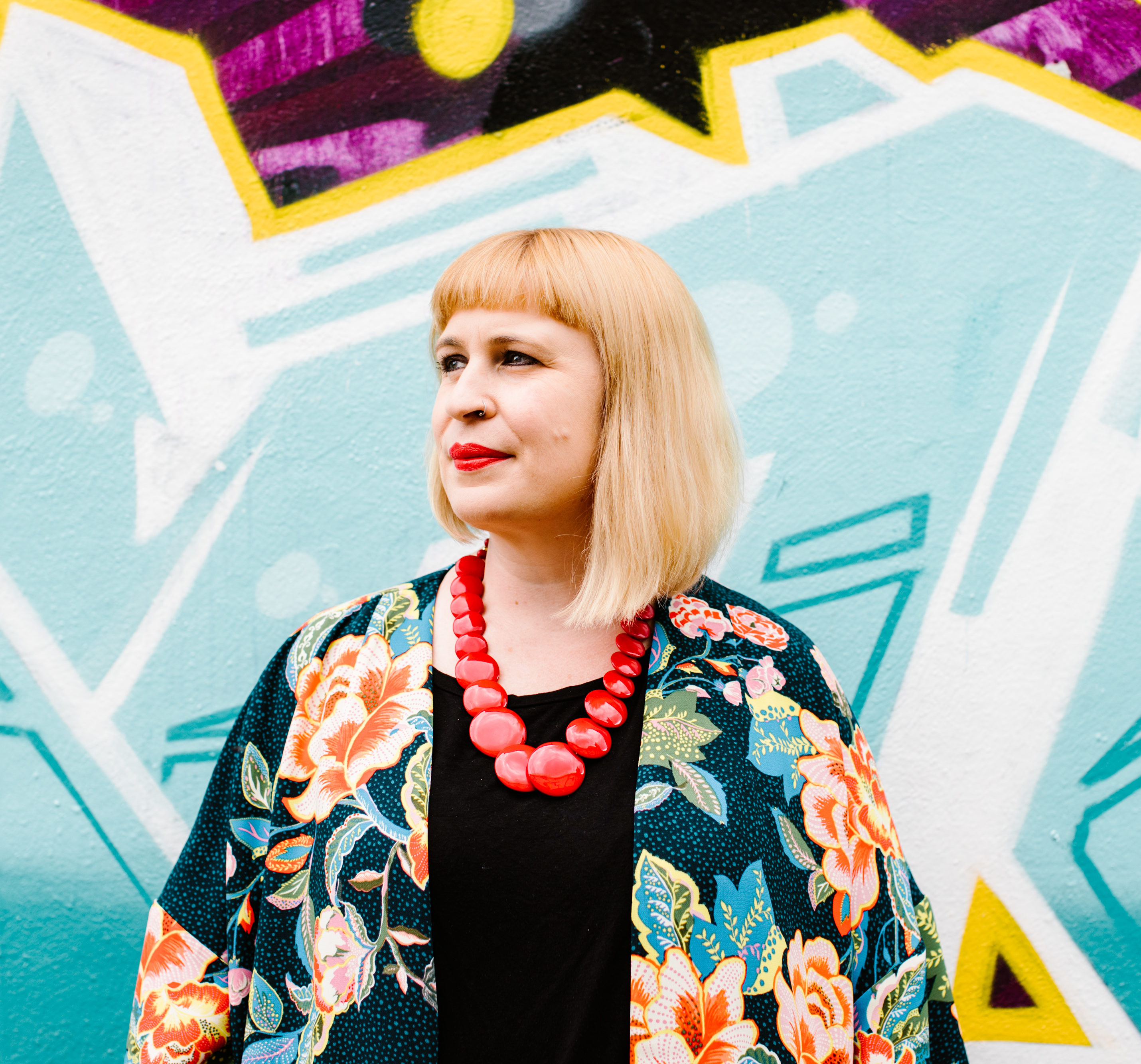
In Belfast, people’s experience of the virus has been much more on par with the Republic of Ireland than with England or London, and yet they have been subject to the rules of the UK. When normalcy returns, lessons learnt during this period are bound to have an impact on the ballot box, says award- winning writer Jan Carson.
I recently received an email from a friend in Mainland Europe. She was pleased to hear Ireland had moved out of Lockdown. Once again, I had to explain that I m not actually Irish. It s complicated, I wrote, this being Northern Irish shorthand for sit down, it might take some time to explain this. Though Belfast, where I ve lived for twenty years, is in Northern Ireland, which is on the island of Ireland joined by a, currently negligible, border to the Republic of Ireland; though I hold an Irish passport, albeit alongside a significantly more battered British one; though my publisher is Irish and yes, now you mention it, my last novel did win the EU Prize for Literature for Ireland, technically I m not Irish. Or am I? In Belfast it depends who you ask and which particular day you re asking on.
During the Covid-19 crisis many Northern Irish people wished they were Irish. This is a bold claim from someone who resides in East Belfast, a predominantly Protestant, historically Unionist neighbourhood. While the Westminster Government were presenting a confused and often divided front, disagreeing on when to close and reopen schools, mismanaging hospital resources and struggling to tackle the economic implications, down the road in Dublin, the Irish Taoiseach Leo Varadkar was leading his country through the pandemic with wisdom, compassion and, perhaps most significantly, some modicum of success. We in the North could only look on enviously. There were times when it wasn t just geography which made Dublin feel closer to Belfast than London.
Though there s been debate over the recording of statistics it s clear that the UK has been especially hard hit by the pandemic. Compared to other similar nations the death toll and infection rate has been catastrophically high. However, while Northern Ireland remains part of the UK, our Covid-19 experience has had more in common with the Republic of Ireland s than any of the other member nations. The mood here has been similarly sombre but calm; the virus s impact, though tragic, less devastating than initially predicted.
Until recently I had a strong sense of my British identity, yet sitting in Belfast, watching the daily news briefings from Downing Street, has become an increasingly alienating experience. It s not just Boris Johnson s handling of the Pandemic with his initial misguided insistence upon herd resistance, his inability to source sufficient PPE or even properly acknowledge the death toll climbing ever higher, which leaves me, doubting his leadership. It s the creeping suspicion, that the current Tory government, (and arguably most of its previous incarnations), neither understands nor particularly cares about Northern Ireland.
This isn t a new feeling. My faith in the British government was on the wane long before Covid-19. A few months back, there was Johnson s sacking Northern Irish Secretary of State, Julian Smith. Smith s short term in office saw the Assembly reconvene after a three-year hiatus. He was respected by all sides of the community, (no mean feat in Belfast), and actually seemed to like the place. His dismissal struck me as wildly counterintuitive and not in Northern Ireland s best interests. Prior to this Northern Ireland had to put up with Theresa May s mishandling of our stakes in the Brexit negotiations and of course, it would be remiss not to mention Brexit itself. As the rest of the UK slowly realised that David Cameron s EU referendum would have massive implications for Northern Ireland with its physical EU border and legacy of conflict, many of us in the North felt once again, misunderstood, neglected and unimportant.
During the same period, I was seriously considering my Irish identity. I m entitled to claim this under the terms of 1998 s Good Friday Peace Agreement. My sense of identity has always been primarily linked to community and the Irish writing community has been so warm, welcoming and inspiring I stopped considering myself a British writer years ago. Furthermore, Ireland has never been more open-minded or liberal. Referendums on equal marriage (2015) and the legalisation of abortion (2018), ushered in human rights legislation in advance of similar changes in the North. The fact that my Irish passport guarantees me ongoing EU citizenship has also influenced my thinking. The calm, clear leadership I ve witnessed from Varadkar and President Michael D. Higgins, have made my dilemma even more pronounced. If a border poll were to be called tomorrow, I d have huge reservations about committing Northern Ireland to longterm membership of the UK. Recent polls suggest I m not alone. It s also not without significance that during Covid-19 First Minister Arlene Foster and the Stormont assembly sided with Scotland and Wales in disregarding the Prime Minister s measures easing Lockdown. The cracks within the United Kingdom have never seemed more pronounced.
However, now is not the time for a border poll or any drastic decisions. The people of Northern Ireland are otherwise preoccupied working together, crossing cultural and political divides to survive this crisis. In Portadown, we ve seen Loyalists peacefully adhere to the cancellation of their 11th of July bonfires and use their firewood to build giant sculptures in support of the NHS. In a parish, outside Derry, Protestant and Catholic churches have combined resources to offer practical assistance to locals struggling with Covid-19. My own community work with older ladies from the Falls and Shankill Roads, an infamously sectarian part of Belfast, still separated by a Peace Wall, has moved online, yet continues to foster unity through storytelling. In some ways the pandemic has brought our communities closer.
Local politicians have also been reasonably united in their response to the crisis. It s heartening to see members of the Northern Ireland Assembly surmount political differences to work for the greater good. However, as the weeks have rolled on cracks are beginning to show. There s been disagreements over when churches should re-open with DUP and Sinn Fein politicians taking their traditional opposite stances. While it s hardly surprising that the possibility of utilising the British army proposed by Unionist politicians has proven deeply unpopular with the Nationalists. Northern Ireland s fundamental issues haven t gone away. The pandemic has highlighted the lack of public confidence in leadership at both local and government level. When normalcy returns, whatever it looks like, lessons learnt during this period are bound to have an impact on the ballot box. This might be no bad thing.
Debates on Europe Published on 4 June 2020
This article is available in English, French, German, and Italian on Voxeurop.
Jan Carson is a writer and community arts facilitator based in Belfast. Her most recent novel, The Fire Starters, won the European Union Prize for Literature for Ireland and is shortlisted for the Dalkey Novel Prize. During the Corona lockdown, she has been running the much-publicized Postcard Story project.
-
Belarus: Pandemic Life and Hope
Iryna Vidanava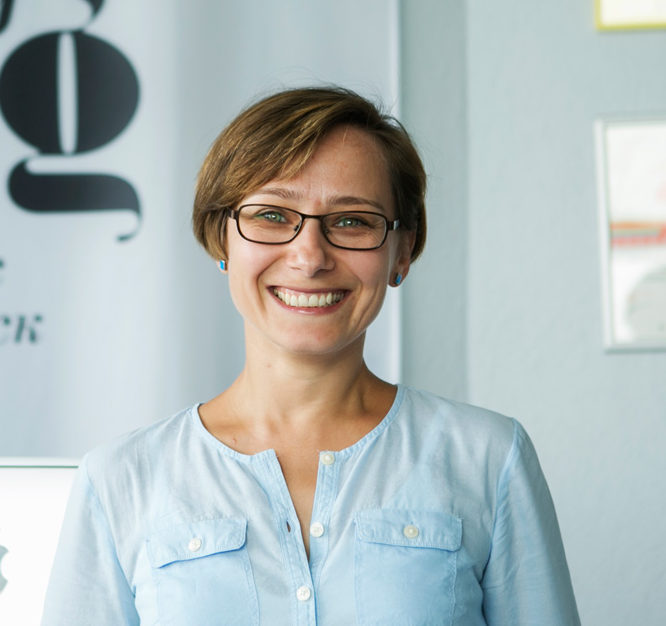
In Minsk, president Lukashenka held a crowded Victory Day parade on 9 May as if the Coronavirus didn’t exist. But while the regime in Belarus can still force citizens to march in parades, it has lost control over the information space and protest is forming, writes Iryna Vidanava.
The day is grey, cold and rainy. I’m shivering in my light summer dress while waiting our turn to dance during the May Day parade in Minsk. As we waltz by the grandstand full of top state officials, I notice that they are bundled up in hats, gloves and coats. At the end of the huge square, my grandmother is waiting for me. Usually smiling, she looks worried as she wraps me in a warm jacket. As soon as we are home, she rushes me into the shower and vigorously scrubs me with soap. It is May 1, 1986, five days after the explosion at the Chernobyl nuclear power plant. There is still no official news about the disaster and the government is hiding the truth, but everybody whispers that something terrible has happened.
This childhood flashback came to me as I watched the surrealistic streams from this year’s May 9 Victory Day parade that took place despite the coronavirus pandemic. Belarus’ permanent president Lukashenka in his military uniform, surrounded with elderly veterans – none of them wearing a mask – proudly oversaw hundreds of soldiers and students marching by a live crowd in Minsk. In his address he claimed: “We had no other choice, and if we had, we would have done the same.” He suggested that we owe our lives to those who died in the war.
The parade and Lukashenka’s speech caused an outcry. Unlike 1986, Belarusians today are well- informed about the danger and scale of the Covid crisis in Belarus and elsewhere thanks to the internet
and smartphones. The public’s response was that our grandparents who suffered for us wouldn’t want to see us die from a virus helped to spread by a parade.
The authoritarian regime can still force citizens to attend and march in parades, but it has lost control over the information space. In the Soviet tradition, the state first tried to squelch news about the virus. But people started sharing their stories online and reports spread like wildfire through social networks, messengers, and online outlets. Independent journalists published the Covid stories of ordinary people and exposed the poor state of the healthcare system and its lack of means to protect patients and staff. By making endless inquiries to state institutions and asking uncomfortable questions to state officials they succeeded in breaking the government’s information blockade and forcing the authorities to provide regular updates. However, the state continues to obfuscate, avoid responsibility, and try to silence critical voices. People here know all too well that, when the state TV promises the situation is under control, it means things are really bad. They have learned from this regime that, at such times, they have no choice but to take the initiative themselves. And they have.
While Lukashenka issued hollow orders – shaking the air with empty words, as my grandmother used to say – for protective gear nobody had and blamed frontline doctors for getting infected, volunteers urgently launched a crowdfunding campaign, purchased thousands of respirators, safety masks with filters, and delivered them to hospitals across the country in just a few days. Several of the capital’s trendy restaurants, whose clients were mainly hipsters, switched to making free meals and delivering lunchboxes for medical workers. The Minsk Hackerspace tech club designed and manufactured plastic face shields for healthcare staff using 3D-printer technology. A popular local clothing brand made reusable protective wear. A tech startup working on a VR suit produced masks. Hundreds of private companies and thousands of citizens donated money to support healthcare institutions and victims. Different civic initiatives joined forces in the national #BYCOVID19 campaign and raised 250,000 dollars in 45 days in one of Europe’s poorest countries.
For more than two decades, the regime has tried to suppress freedom of association and expression by staging fake elections, building a propaganda machine, controlling the private sector, and employing pervasive repression. And yet today we see that it has failed. The remarkable response of citizens to the Covid crisis shows that civil society is rising in Belarus, despite adverse conditions. The so-called “strong state” is, in fact, a bully who is confused and cowardly in the face of a real threat. Committed and courageous citizens, who have self-organized and mobilized so quickly and on such a large scale, are proving more effective than the state’s bumbling bureaucracy. In Belarus, authoritarianism doesn’t seem to be the answer.
Unfortunately, arrogant rulers rarely admit mistakes or back down. On the contrary, they often become even more aggressive. Rather than words of compassion and gratitude, Belarusians hear angry and threatening speeches from our head of state. Transparency and accountability remain alien concepts for government institutions. The virus has exposed the inability of the authorities to act responsively and responsibly. Accordingly, public trust has fallen.
It seems to me that there is greater dissent in society now, across more groups, than ever before. With a presidential election scheduled for August, protests are starting to break out. These are led by bloggers
who have been trying to hold the government accountable and speak truth to power. Medical workers, disappointed by the inability of the state to protect and support them, have joined demonstrations and spoke openly online for the first time. Some have been arrested and lost their jobs.
We’ve seen this story before. The police break up the protests and persecute activists, journalists and bloggers, even those diagnosed with the virus and already in hospitals. And our servile courts continue to sentence them to prison terms. But somehow this feels different.
At the moment, Belarusians are focused on surviving the virus. But as uncertain as post-pandemic life might look like, people are already questioning if they want to see the existing state order in their tomorrow. Three decades ago, it took a tragedy at Chernobyl to shock people into perceiving a different future and launching the changes that led to a new and independent Belarus. Like then, the changes will not come fast or easy this time. But at this strange and challenging moment, I feel very proud of my compatriots and hopeful about my country’s future.
This piece is dedicated to the life and work of Yuri Zisser, a pioneer of internet media in Belarus, founder of the country’s largest independent portal TUT.by, philanthropist, and renaissance man, who passed away on May 17, 2020.
© Debates on Europe Published on 4 June 2020
This article is available in English, French, German, and Italian on Voxeurop.
Iryna Vidanava is cofounder of CityDog.by, a leading lifestyle magazine in Belarus, and a media expert and civic activist. She has been included on Foreign Policy’s list of “The World’s Top Dissidents”.
Participants
-
Jan Carson
© Jess Lowe

Jan Carson is a writer and community arts facilitator based in Belfast, Northern Ireland. She has a novel, Malcolm Orange Disappears and short story collection, Children’s Children (Liberties Press), a micro-fiction collection, Postcard Stories (Emma Press) Postcard Stories 2 is forthcoming in July 2020. Her novel The Fire Starters was published by Doubleday in April 2019 and won the EU Prize for Literature for Ireland in 2019. In 2018 she was the inaugural Translink/Irish Rail Roaming Writer in Residence on the Trains of Ireland.
-
Ivaylo Ditchev

Ivaylo Ditchev is professor of cultural anthropology at Sofia University and as an author engaged in the public debate in Bulgaria. He works in the field of political culture and urban and media studies and is a regular columnist at Deutsche Welle. His latest book is Културни сцени на политическото [Cultural Scenes of the Political], published in 2020. He is also the publisher of SeminarBG, an online journal for cultural studies.
-
Slavenka Drakulić

Slavenka Drakulić is a Croatian journalist, novelist, and essayist whose works on feminism, communism, and post-communism have been translated into many languages. In 2004 she received the Leipzig Book Award for European Understanding. Her new book, Café Europa Revisited. How to Survive Post-Communism, will be published by Penguin in spring 2021
-
Carl Henrik Fredriksson
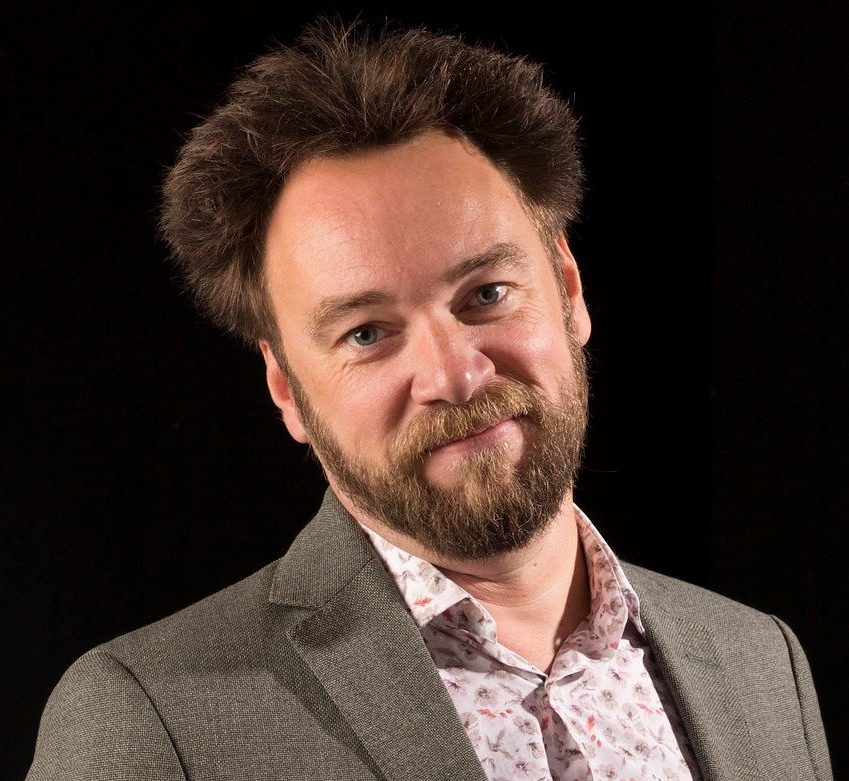
Carl Henrik Fredriksson is a Swedish editor, essayist and translator living in Vienna. He is co-founder of Eurozine, whose editor-in-chief and president he was until 2015. He is programme director of Debates on Europe and permanent fellow at the Institut für Medien- und Kommunikationspolitik, Cologne. He is the former editor-in-chief of Sweden’s oldest cultural journal Ord&Bild.
-
Marius Ivaškevičius

Marius Ivaškevičius is a Lithuanian writer, playwright, and film director. His novels have been published in many foreign languages. His plays have been staged in Lithuania, Russia, Germany, Italy, France, and New Zealand, to name just a few, and directed by directors such as Kirill Serebrennikov, Oskaras Korshunovas, Rimas Tuminas, Mindaugas Karbauskis, Arpad Shilling, and Aleksandar Popovski. His accolades include 4 Best Lithuanian Play of the Year Awards and one Golden Mask Award for best play in Russia in 2017.
-
Angelina Kariakina

Angelina Kariakina is a journalist based in Kyiv, Ukraine. She served as editor-in-chief at Hromadske and has covered the Maidan protests, Russian aggression in Ukraine, and major trials against Ukrainian political prisoners in Russia. She is a co-founder of Public Interest Journalism Lab, an interdisciplinary project, which seeks ways to popularise best practices for journalism in the digital age. Currently, she works on a newsroom reform at the Ukrainian Public Broadcaster.
-
Sergei Lebedev
© Tanja Draškić Savić

Sergei Lebedev is a Russian writer whose books have been translated into 17 languages. Following his parents’ path, in his young age Lebedev worked in geologist expeditions in the Far North of Russia and Central Asia. These were mainly former Gulag areas which remained uninhabited since the camps were closed in mid 60s. Since 2010 Lebedev has written five novels dedicated to the theme of the Soviet hidden past, the impact of Stalin’s repressions and its consequences in modern Russian life. The novels have been written through the lens of a family history and form a meta-novel which explores the Soviet totalitarian trauma.
-
Anna Lengyel

Anna Lengyel was an award-winning Hungarian dramaturg, translator and director. She was also the founder of PanoDrama, an independent creative production company and the only documentary theatre in Hungary. One of her last initiatives aimed at supporting cultural workers during the corona crisis. Under the motto “I make theatre – but I know other stuff, too” she encouraged employers to make use of the skills and talents of artists, theatre workers and other cultural actors in different strands of society. Anna Lengyel died in April 2021.
-
Senad Pećanin
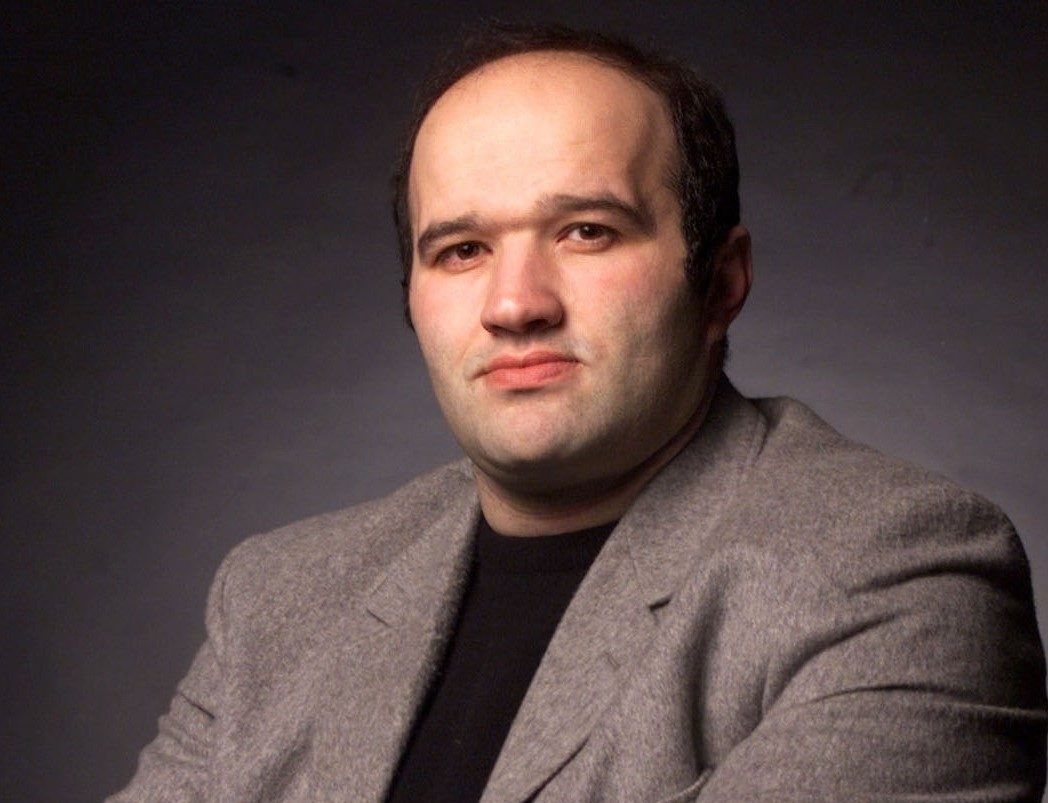
Senad Pećanin is an attorney, journalist and editor based in Sarajevo. He is one of the founders of the Helsinki Committee for Human Rights in Bosnia and Herzegovina, and does research in the field of Human Rights and democratisation in Southeast Europe. In 1992, during the siege of Sarajevo, he founded the independent weekly magazine Dani.
-
Dubravka Stojanović

Dubravka Stojanović is a historian and professor at Belgrade University. Her work focuses on democracy in Serbia and the Balkans, the interpretation of history in textbooks, social history, the process of modernisation, and the history of women in Serbia. She is vice-president of the History Education Committee and a consultant to the United Nations, working on issues concerning history, memory, and the misuse of history in education.
-
Adrian Tahourdin
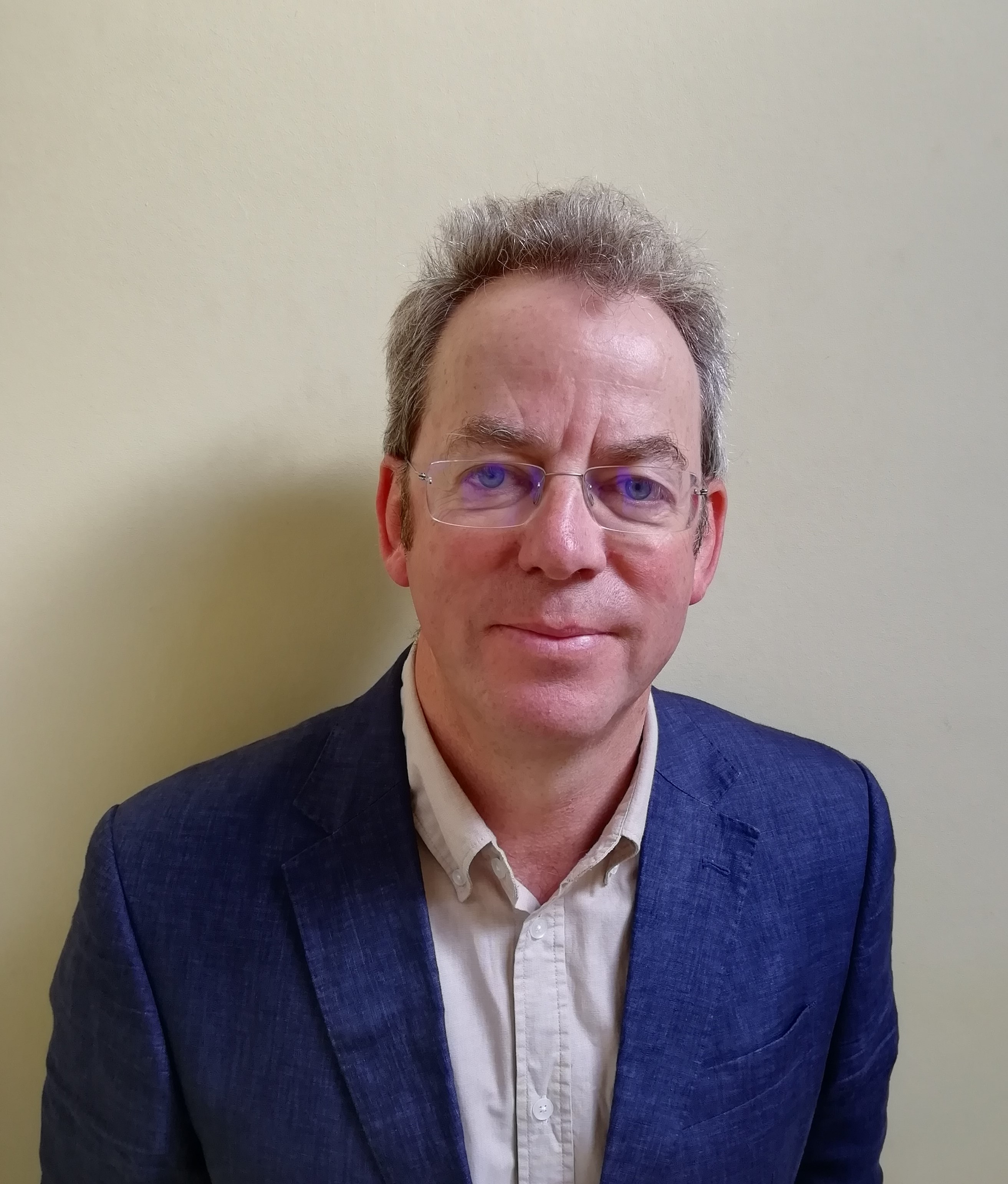
Adrian Tahourdin was, until recently, Senior Assistant Editor at the Times Literary Supplement, where he was chiefly responsible for French and Italian coverage and for the Letters page.
-
Vessela Tcherneva
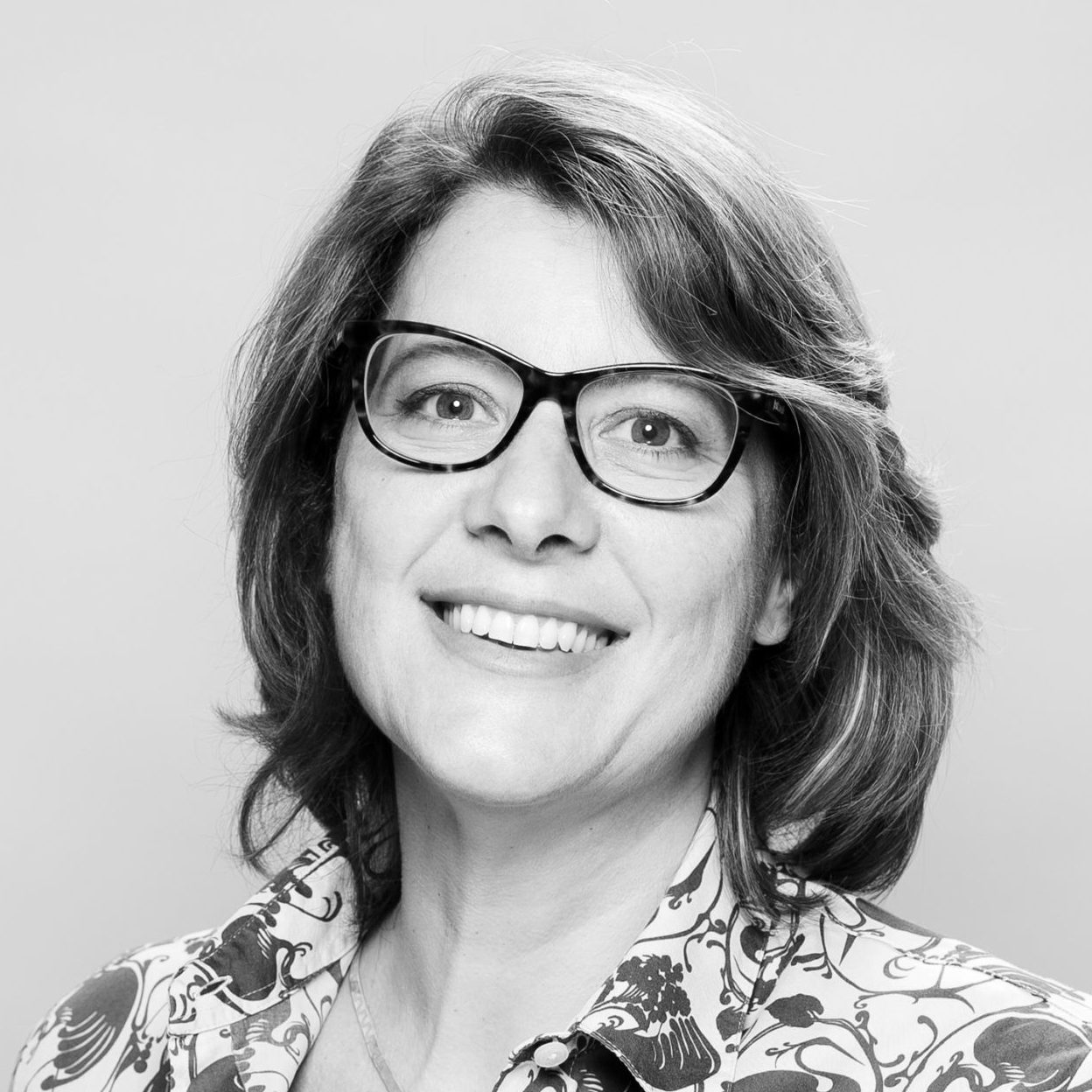
Vessela Tcherneva is the deputy director of the European Council on Foreign Relations and head of the Sofia office. Her topics of focus include EU foreign policy and the Western Balkans and Black Sea region.
-
Iryna Vidanava

Iryna Vidanava is the co-founder and CEO of CityDog.io (former CityDog.by), a leading independent online media about Minsk, Belarus and Belarusians everywhere. She is an internationally acclaimed digital media expert, researcher and consultant. Iryna is an author of numerous publications on media, civil society and public policy in Belarus. She is a Board member of Belarusian Association of Journalists and the World Association of Belarusians “Batskaushczyna”. In 2014 Iryna Vidanava was recognized as one of the Top 100 innovators in Central and Eastern Europe (NewEurope100.org).
-
Nicolai von Ondarza
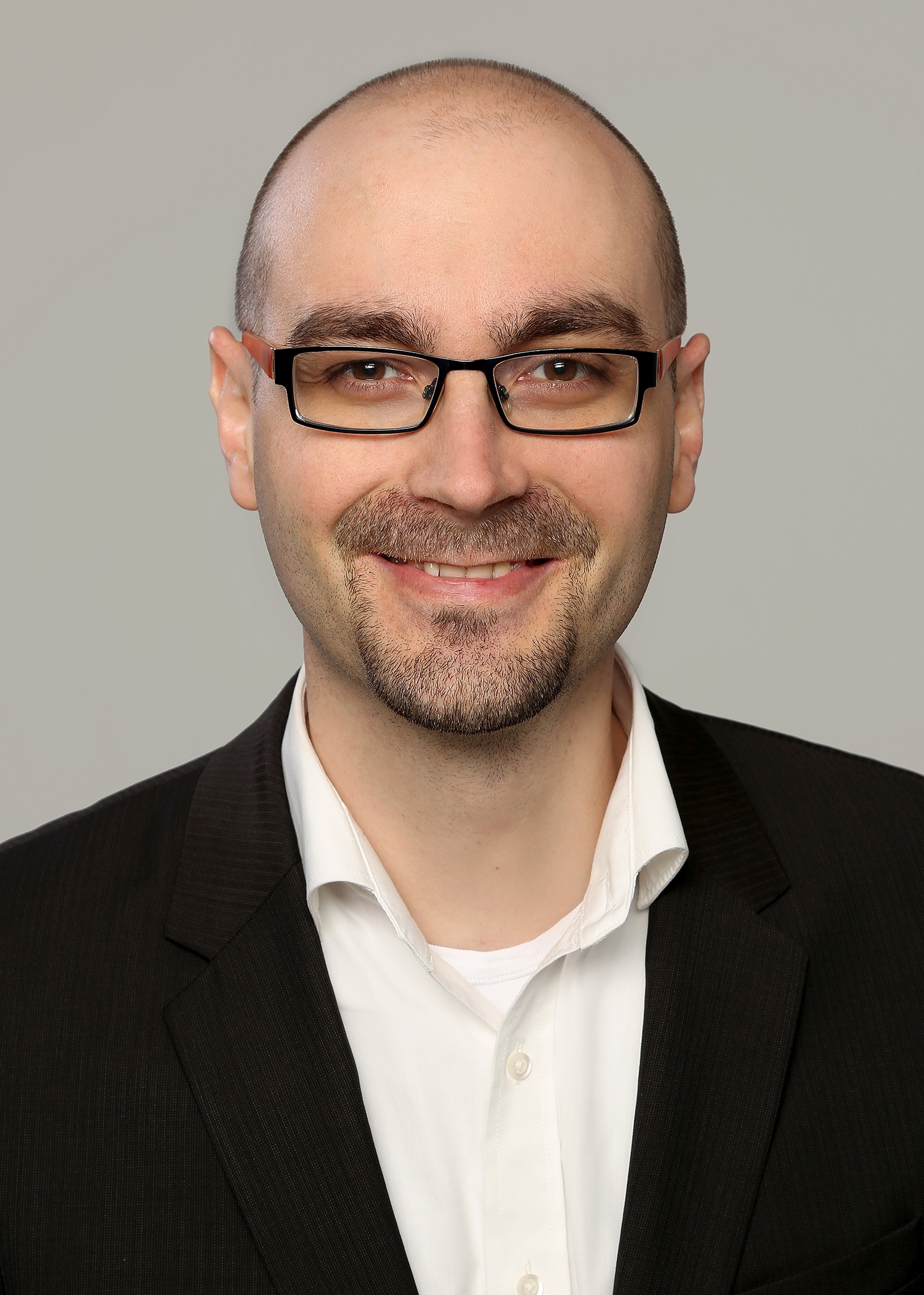
Nicolai von Ondarza heads the Research Division EU/Europe at Stiftung Wissenschaft und Politik (the German Institute for International and Security Affairs) in Berlin. His fields of expertise include post-Brexit relations between the EU and the United Kingdom. Recently he has published reports on how the EU and the UK have a shared responsibility for Northern Ireland and on the consequences of Scottish independence for the EU.
-
Lena Wängnerud
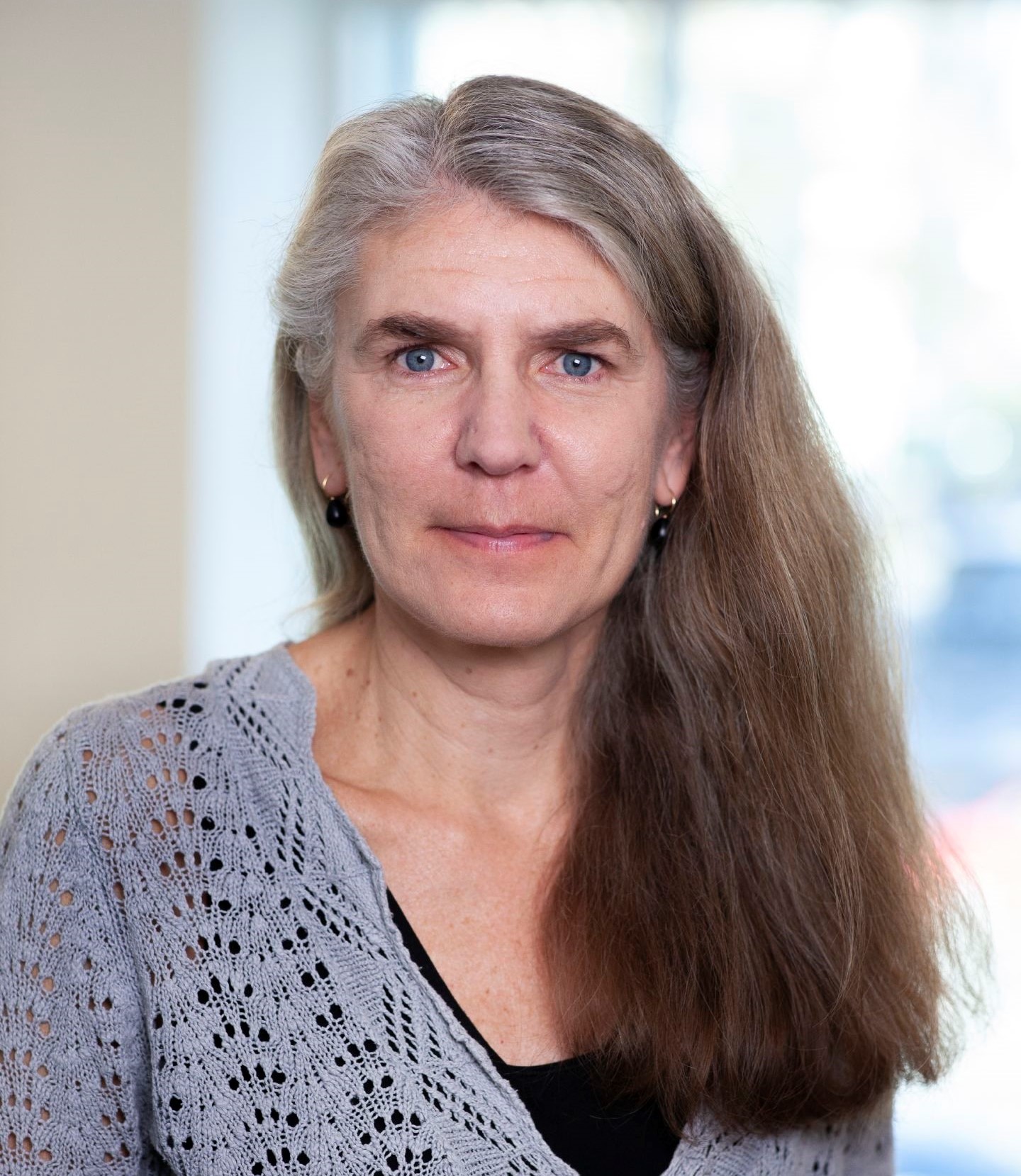
Lena Wängnerud is Professor of Political Science at the University of Gothenburg. She is one of Europe’s foremost experts on women’s representation in politics and her research focuses representative democracy, gender and corruption as well as gender and anxiety. Among her recent books are Gender and Corruption (ed. with Helena Stensöta, Palgrave 2018) and The Principles of Gender-Sensitive Parliaments (Routledge 2015).
Partners
Thank you
We would like to thank our participants and partners who make Debates Digital possible.
Debates Digital Team
CARL HENRIK FREDRIKSSON
Programme Director and Discussions Moderator
RADMILA RADOVANOVIĆ
Project Manager (June-October 2020)
BARBARA ANDERLIČ
Project Manager
BERISLAV ŽUPARIĆ
Graphics and Editing
